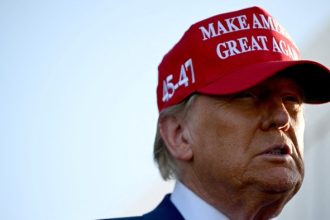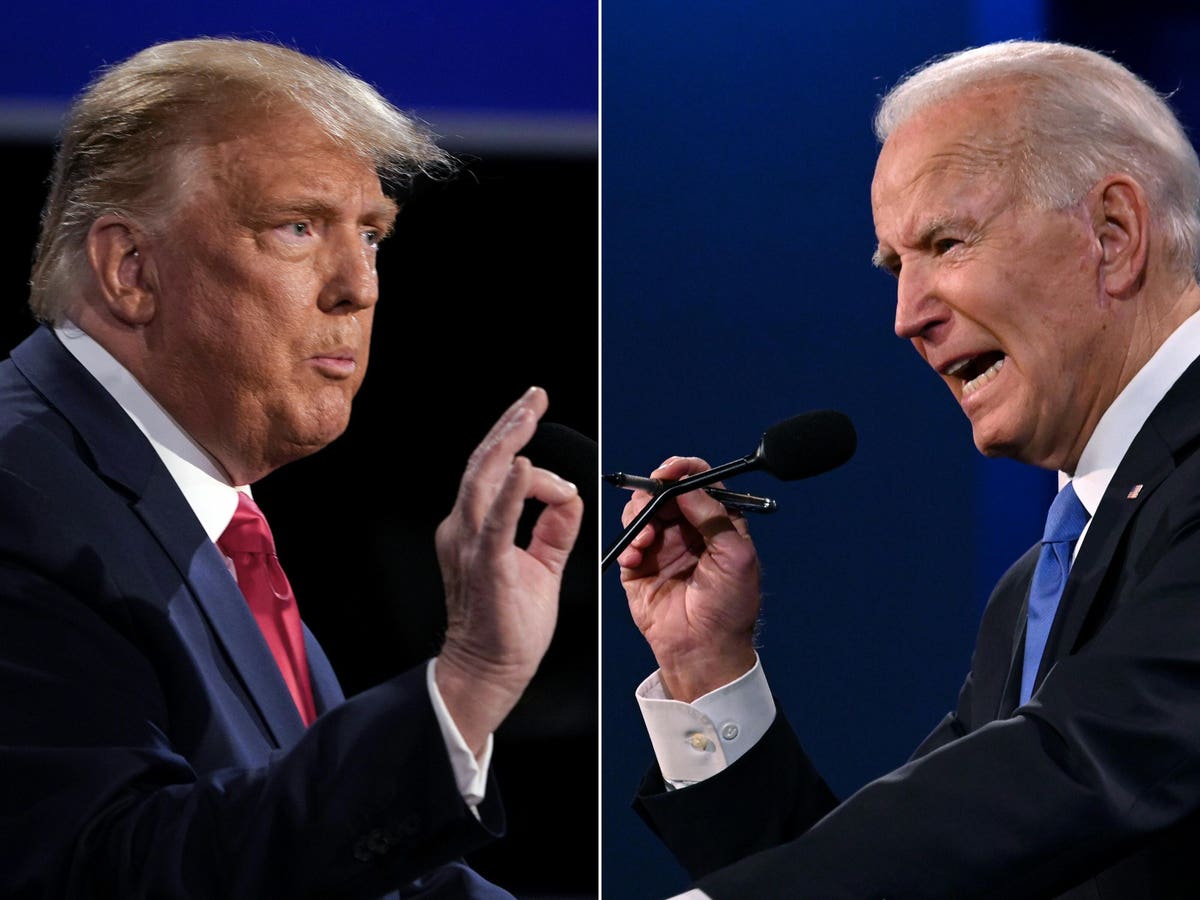Retailers are the first to know when consumers are slowing their purchases.
Retailers are the first to feel a recession, and the first to acknowledge that an exit is nearby. They also know, and have articulated, that no country can win a trade war and many in the industry feel that America’s current economic pain is from an international trading strategy that just isn’t working.
A recent Wall Street Journal survey of 1500 registered voters (polled between August 24-30) showed that an amazing 63% of respondents rated the strength of the U.S. Economy as “not so good to poor,” and 58% of those polled thought the American economy had gotten worse in the last two years. In addition, 74% said that inflation was moving in the wrong direction. To the prudent observer of consumer spending habits, it is noteworthy that America’s individual savings accounts are running low, student loan payments resume in October, the cost of child daycare is rising, the price of gas just hit $3.85 (average), and retail sales are likely to come in at the low end of expectations – as America glides into the holiday season.
Team Biden was challenged to change America’s economic course in the post-Trump era, but they decided to counter any sort of consumer-centric logic – with a fuzzy plan that they call Bidenomics. There are many who speculate that Team Biden has completely missed the boat on trade, and that alone has seriously affected the American consumer, who still represents two-thirds of GDP.
On June 15th of this year, U.S. Trade Representative Katherine Tai talked about a shift in trade policy at the National Press Club to one that “moves away from a narrow focus on creating benefits for consumers.” The USTR said that “the pursuit of efficiency and low costs above all else has led to vulnerable and high-risk supply chains” calling all this “a race to the bottom, where exploitation is rewarded, and high standards are abandoned in order to compete and survive.”
While everything that Ambassador Tai said is realistic and appealing, it should also be noted that when former President Trump launched his trade war on China, retailers gathered and staunchly warned the Trump Administration to stay away from the consumer. They argued that if retail was hit by additional tariffs (taxes) on inbound products – prices would magnify upward, retail sales would go down, jobs would be lost, and supply chains would be disrupted. This was not funny at the time, and absolutely everything that was predicted (by well-informed retailers) turned out to be true!
To former President Trump’s credit, he did listen to retailers for a while, but eventually caved to the burning desire to slap tariffs on everything. Also, to his credit, the former President realized that his China Phase One Trade Deal was a disaster from the start and, for sure, he would have changed course given enough time.
The bigger surprise is that President Biden decided to continue where former President Trump left off. But, to make matters worse, Team Biden did not add any alternatives to alter the equation. Each and every day there is product that needs to be procured and, as American retailers are encouraged to buy less from China, at the very least – the Biden Administration should have an obligation to open alternative commercial doors for imported product, or consumers will eventually suffer the consequence of burning inflation – as the cost of raw materials continues to skyrocket. It is pretty clear that the American consumer lost the trade war a long time ago, and opposition to the apparent lack of federal trade action is finally gaining ground – but only because it’s election time and – only because the proof of failure is showing up America’s lack-luster economy.
President Biden loves his relationship with organized labor (with a nod to the labor issues at the west coast ports, the railroads, and current autoworkers strike) and has worked hard to create more jobs right here in America. None of that is an issue, but the idea that his administration should “slow walk” international trade – just isn’t an option or a strategy. Bidenomics should not be a short term pause in a long-term struggle for economic growth!
The “list of inactivity” for international trade stemming from Team Biden is just staggering. While America has been floundering in a trading quagmire, China has aggressively sprung into action to meet the void. China has commandeered international trade with a significant Asian bloc – by signing the Regional Comprehensive Economic Partnership Agreement (RCEP) which now covers 30% of the world’s population and 30% of the world’s GDP. This new trading group includes the ten members of the ASEAN group plus Australia, Japan, New Zealand, South Korea and, of course, China.
As RCEP gains ground, the Obama inspired Trans-Pacific Partnership (TPP) was also reborn as the Comprehensive and Progressive agreement for Trans-Pacific Partnership (CPTPP) with the 11 original members (minus the USA and with the UK in the wings) to garner 13% of the worlds GDP. China has also applied to join the CPTPP.
The issue here is that the USA is not a member of either trading bloc (RCEP or CPTPP) but, instead, America has been trying to create a new set of trading administrative “guidelines” under the (IPEF) Indo-Pacific Economic Framework for Prosperity. IPEF is designed to “promote sustainable and inclusive economic growth, and benefit workers and consumers across the region.” The problem with IPEF, however, is that it doesn’t offer cross-border trade incentives but, rather, creates ways to do (existing) business better.
What is clear for retailers who trade – is that there are no new international trade deals in the works and instead of moving forward, the USA seems to be sliding backwards. Local hemispheric deals like USMCA and CAFTA-DR are performing reasonably well. Trade with Sub-Saharan Africa under African Growth and Opportunity Act – (AGOA) has been mostly flat – and the loss of Ethiopian benefits has been concerning.
So, when retailers put all this in perspective, if trade policy is officially on the sidelines, what did President Biden mean, at the beginning of his term, when he said in remarks at the State Department (Feb 5, 2021) that “America is Back.” He must have meant America is back – but ONLY in diplomacy and not in trade.
The moral of the story is quite easy to understand. Bidenomics is concentrating on manufacturing / construction, but retailers know that consumer spending still accounts for two-thirds of America’s GDP. At the end of the day, the American economy isn’t one sided and trade should not be cast aside. Retailers know exactly what needs to be done, and it’s not happening!
The fact that America is pushing an IPEF agreement that facilitates international process over international product – is hard to fathom. The fact that America is sitting on the trade sidelines while China is expanding its trade reach, also boggles the mind.
Clete Willems, a former economic advisor in the Trump White House recently said it best: “China’s ambitious trade agenda should be ringing alarm bells for any policymaker who is concerned about supply chain issues or geopolitical influence.”
Retailers hear those bells. Do you?
Read the full article here





